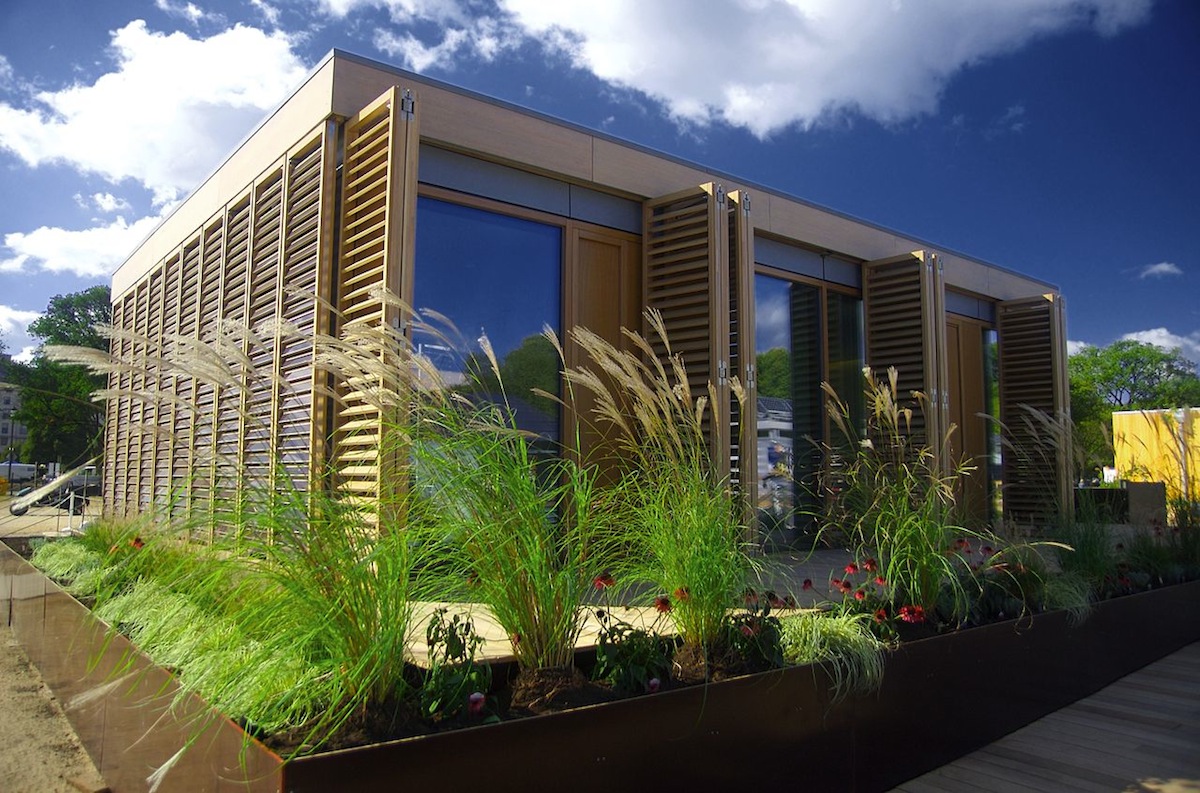The International Code Council (ICC) and ASHRAE have come to the final agreement that outlines each organization’s role in the development and maintenance of the new version of the International Green Construction Code (IgCC).
Sponsored by the American Institute of Architects (AIA), ASHRAE, ICC, the Illuminating Engineering Society (IES), and the U.S. Green Building Council (USGBC), “IgCC Powered by 189.1” will provide the design and construction industry with “the single, most-effective way to deliver sustainable, resilient, high-performance buildings,” the groups say.
The code is scheduled to be released in 2018. The ICC will be responsible for Chapter 1, Scope and Administration. ICC will coordinate the technical provisions developed by ASHRAE with the provisions in Chapter 1 of the 2015 IgCC. As a result, the 2016 Group B Cycle will not include Chapter 1 of the IgCC for code changes.
With ASHRAE developing technical provisions, ICC’s 2017 Group C cycle to develop the 2018 IgCC has been cancelled. Part of the development process for the 2018 technical provisions will include the SSPC review of the 2015 IgCC and consideration of content for inclusion in 189.1-2017, along with changes generated by the committee and proposals submitted by stakeholders. Following the completion of the 2018 IgCC, Chapter 1 of the IgCC will be developed by ICC using its consensus code development process.
“Our goal in this partnership all along has been to share resources to increase use of the IgCC and make it simpler for code officials, designers and contractors to build environmentally efficient structures that will lessen energy and water consumption and reduce the carbon footprint,” said ICC Board President Guy Tomberlin, CBO. “We are now situated to do just that.”
Related Stories
| Aug 2, 2013
Netherlands Institute of Ecology built to zero waste principles
The Netherlands Institute of Ecology was designed and built to be the most sustainable building in Holland and incorporate the zero waste principles of Cradle-to-Cradle design.
| Aug 2, 2013
Threat of more powerful coastal storms could curtail development
Led by Stanford University’s Natural Capital Project, researchers mapped the intensity of hazards posed to communities living along America’s coastlines from rising seas and ferocious storms now and in the decades to come.
| Jul 26, 2013
AGC launches new coalition to help bring tax relief to construction sector
Associated General Contractor of America (AGC) has launched the Coalition for Fair Effective Tax Rates to bring tax relief to the construction sector.
| Jul 26, 2013
Legislation would revamp federal contracting policy impacting small design and construction firms
Legislation was introduced in the U.S. House of Representative this month to ban reverse auctions when an agency determines small businesses are qualified to bid on the solicitation.
| Jul 26, 2013
Detroit’s problems may make blue infrastructure codes more likely
The City of Detroit’s financial problems may make it more likely to adopt blue infrastructure standards.
| Jul 26, 2013
Cities should reconsider rooming houses to build affordable housing stock, says expert
Building codes have effectively outlawed the bottom end of the private housing market, driving up rents on everything above it, argues the Sightline Institute's Alan Durning.
| Jul 17, 2013
WorldGBC, IFC pledge to rapidly scale up green construction in emerging markets
IFC, a member of the World Bank Group, and the World Green Building Council (WorldGBC) are collaborating to rapidly scale up the construction of green buildings in emerging markets.
| Jul 17, 2013
Louisiana governor signs $250 million bill for 29 community college projects
Louisiana Gov. Bobby Jindal signed into law this month a bill that provides $251.6 million for 29 projects at Louisiana Community and Technical College campuses.
| Jul 17, 2013
U.S. House continues to block enforcement of light bulb standards
The House of Representatives last week voted to block the enforcement of light bulb standards that many say would effectively force people to buy more expensive compact fluorescent bulbs.
| Jul 17, 2013
Should city parking space requirements be abolished?
Some cities are deliberately discouraging construction of new parking spaces by allowing the construction of buildings with a lower ratio of parking spaces to dwellings (as low as 0.75 spaces per residence).













